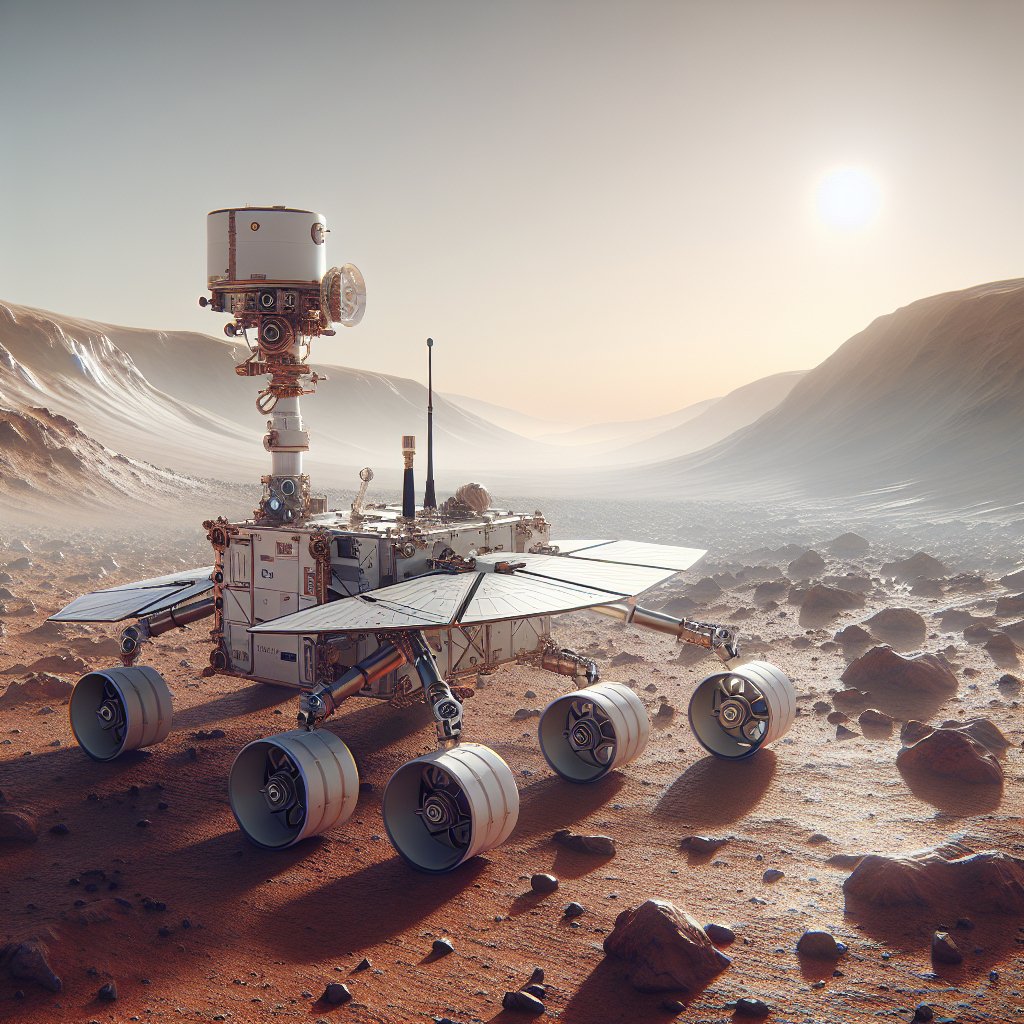Space exploration has always been a field that captures the imagination of humanity, and in recent years, private companies like SpaceX and Blue Origin have taken center stage in this grand endeavor. These companies have not only revolutionized the way we think about space travel but have also significantly contributed to the advancement of technology and exploration strategies. This article delves into the roles that SpaceX and Blue Origin play in modern space exploration, examining their achievements, goals, and the impact they have on the future of humanity’s journey into the cosmos.
SpaceX: Pioneering Reusable Rockets and Mars Colonization
Founded by Elon Musk in 2002, SpaceX has become synonymous with innovation in the aerospace industry. The company’s primary goal is to reduce the cost of space travel and make it possible for humans to live on other planets, particularly Mars. SpaceX has achieved numerous milestones that have reshaped the landscape of space exploration.
Reusable Rocket Technology
One of SpaceX’s most significant contributions to space exploration is the development of reusable rocket technology. The Falcon 9, SpaceX’s flagship rocket, is designed to return to Earth and be reused for multiple launches. This innovation drastically reduces the cost of launching payloads into space, making it more accessible for both commercial and scientific missions. The successful landing and reuse of Falcon 9’s first stage have set a new standard in the industry, encouraging other companies to pursue similar technologies.
Commercial Satellite Launches and International Space Station (ISS) Resupply
SpaceX has also played a crucial role in commercial satellite launches and resupplying the International Space Station (ISS). The company has launched numerous satellites for various clients, including telecommunications companies and government agencies. Additionally, through its Dragon spacecraft, SpaceX has been a key player in delivering supplies and experiments to the ISS, ensuring the continued operation and success of this international collaboration.
Ambitious Plans for Mars Colonization
Elon Musk’s vision for SpaceX extends beyond Earth’s orbit, with the ultimate goal of establishing a human settlement on Mars. The development of the Starship spacecraft is central to this vision. Designed to carry large numbers of passengers and cargo, Starship aims to make interplanetary travel a reality. While the challenges of colonizing Mars are immense, SpaceX’s progress in developing the necessary technology brings humanity closer to becoming a multi-planetary species.
Blue Origin: Building a Road to Space
Founded by Jeff Bezos in 2000, Blue Origin is another major player in the modern space exploration landscape. With a focus on building a sustainable path to space, Blue Origin aims to enable millions of people to live and work in space. The company’s approach emphasizes gradual progress and the development of infrastructure necessary for long-term space habitation.
Suborbital and Orbital Launch Systems
Blue Origin’s New Shepard rocket is designed for suborbital space tourism and research missions. With successful test flights and crewed missions, New Shepard has demonstrated the potential for commercial space travel, offering a glimpse into the future of space tourism. Additionally, Blue Origin is developing the New Glenn rocket, an orbital launch vehicle intended to compete in the commercial satellite launch market. New Glenn’s reusable first stage is expected to further reduce the cost of accessing space.
Lunar Exploration and the Artemis Program
Blue Origin is actively involved in lunar exploration efforts, particularly through its participation in NASA’s Artemis program. The company is developing the Blue Moon lunar lander, designed to deliver cargo and eventually humans to the Moon’s surface. By contributing to the infrastructure needed for lunar exploration, Blue Origin is helping to lay the groundwork for a sustainable human presence on the Moon.
Vision for Space Habitats
Jeff Bezos envisions a future where millions of people live and work in space, and Blue Origin is working towards making this vision a reality. The company is exploring concepts for space habitats, such as O’Neill cylinders, which could support large populations in space. By focusing on the long-term potential of space habitation, Blue Origin aims to create a future where humanity can thrive beyond Earth.
The Impact of SpaceX and Blue Origin on the Future of Space Exploration
The contributions of SpaceX and Blue Origin to modern space exploration are profound, with both companies pushing the boundaries of what is possible. Their efforts have not only advanced technology but have also inspired a new generation of scientists, engineers, and space enthusiasts. As these companies continue to innovate and pursue their ambitious goals, they are shaping the future of humanity’s presence in space.
Encouraging Competition and Collaboration
The success of SpaceX and Blue Origin has spurred competition and collaboration within the aerospace industry. Other companies and national space agencies are now more motivated to innovate and develop new technologies. This competitive environment fosters rapid advancements and increases the overall pace of space exploration. Additionally, collaborations between private companies and government agencies, such as NASA, have become more common, leading to shared resources and expertise that benefit the entire space community.
Inspiring the Next Generation
The achievements of SpaceX and Blue Origin have captured the public’s imagination, inspiring young people to pursue careers in science, technology, engineering, and mathematics (STEM). By demonstrating that ambitious goals like Mars colonization and space tourism are within reach, these companies are motivating the next generation to dream big and contribute to the future of space exploration.
Challenges and Ethical Considerations
While the advancements made by SpaceX and Blue Origin are impressive, they also raise important challenges and ethical considerations. The environmental impact of increased rocket launches, the potential for space debris, and the ethical implications of colonizing other planets are issues that need to be addressed as space exploration progresses. It is crucial for the industry to develop sustainable practices and consider the long-term consequences of its actions.
In conclusion, SpaceX and Blue Origin are at the forefront of modern space exploration, driving innovation and inspiring a new era of discovery. Their contributions are paving the way for a future where humanity can explore, inhabit, and thrive beyond Earth. As these companies continue to push the boundaries of what is possible, they are not only shaping the future of space exploration but also redefining humanity’s place in the universe.










